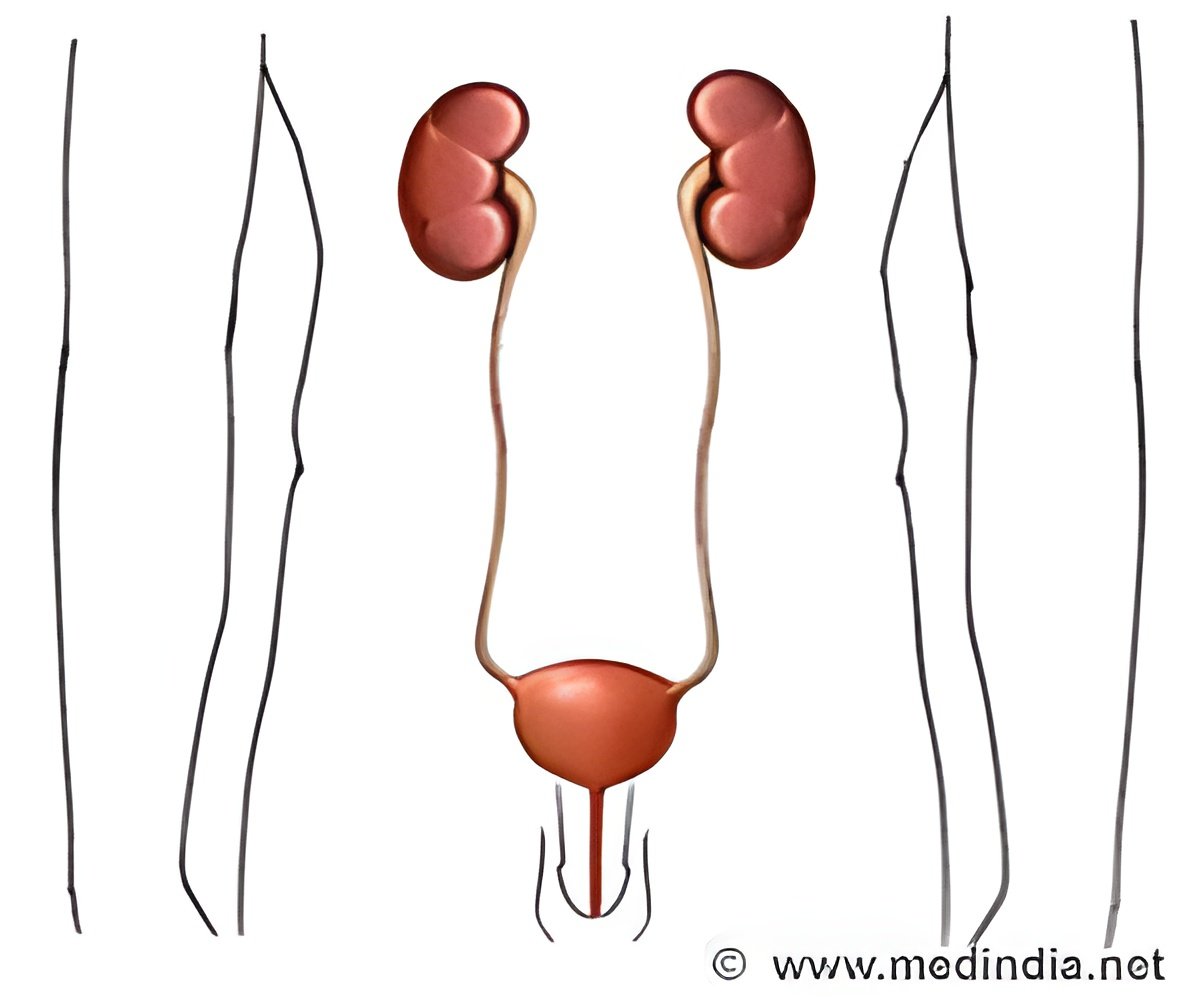
‘More than 37 million adults in the United States have kidney diseases and 90% are not aware they have diminished kidney function. A disproportionate number of these people are Black or African American, Hispanic or Latino, American Indian or Alaska Native, Asian American, and Native Hawaiian or other Pacific Islander.’
Tweet it Now
The new approach may report a different eGFR and could alter the stage of kidney diseases in some people. Patients should learn their latest eGFR and uACR to assess if the new eGFR calculations change their kidney disease status or stage. Patients and healthcare professionals can use a patient-friendly eGFR calculator that uses the new equation to determine a non-race-based calculation to assess their kidney function. It is important for patients to speak with their doctors to determine if this may affect their treatment and care going forward. These Americans also face unacceptable health disparities and inequities in healthcare delivery.
The NKF-ASN Task Force organized its work, which took place over a period of 10 months, into three phases: 1) clarify the problem and evidence regarding eGFR equations in the United States; 2) evaluate different approaches to address use of race in GFR estimation; and 3) provide recommendations. The group identified 26 approaches for the estimation of GFR and narrowed their focus by consensus to five such approaches.
The final report was drafted with considerable input from hundreds of patients and family members, medical students and other trainees, clinicians, scientists, health professionals, and other stakeholders to achieve consensus for an unbiased assessment of GFR so that laboratories, clinicians, patients, and public health officials can make informed decisions to ensure equity and personalized care for patients with kidney diseases.
Source-Eurekalert















